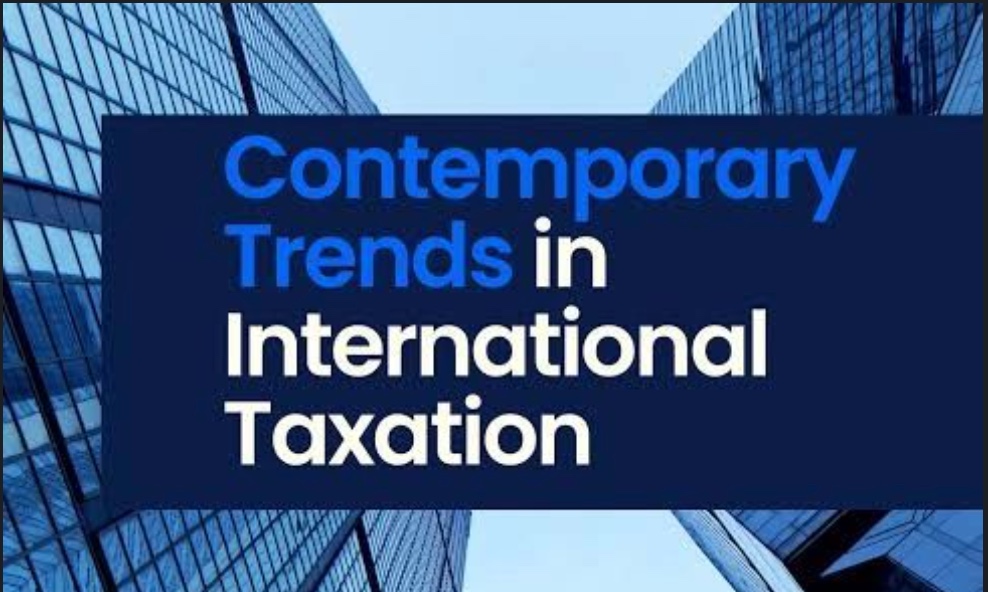The maze of international taxation can often intimidate. Several guiding principles determine how income earned across borders gets taxed, each contributing to the intricate tapestry of international taxation.
There have been several recent changes in international taxation aimed at addressing global tax challenges and ensuring fairer tax practices Here are some key updates:
**Global Minimum Tax (GMT)**
The implementation of the GMT, also known as OECD Pillar Two, is a significant shift in the international tax landscape. This framework aims to address profit shifting by multinational enterprises (MNEs) and ensure that large MNEs pay a minimum level of tax, regardless of where they locate their profits. The goal is to create a fairer tax environment and prevent a “race to the bottom” in corporate taxation.
**Income Inclusion Rule (IIR) and Undertaxed Payment Rule (UTPR)**
These rules are part of the GMT framework and are designed to ensure that MNEs pay a minimum level of tax on their income The IIR applies to the parent company, while the UTPR applies to payments made to related entities in low-tax jurisdictions
**Digital Tax Regulations**
Over 100 countries now require foreign businesses to register and collect local taxes on digital services This trend is expanding to include other digital transactions, creating additional compliance requirements for businesses operating internationally
**Tax Policy Reforms**
Governments around the world have introduced various tax policy reforms to address economic challenges and enhance tax equity. These reforms include increasing tax rates, broadening tax bases, and introducing new tax measures to support economic recovery and address inflation
**OECD Updates**
The OECD has released extensive guidance documents and model rules to assist countries in implementing the GMT framework consistently. The EU has adopted a directive to implement the Pillar Two rules within the bloc, and many individual countries are developing their own domestic legislation to comply with the GMT
These changes reflect a global effort to create a more equitable and transparent international tax system. Businesses operating internationally will need to navigate these new regulations and ensure compliance with the evolving tax landscape.
Please reach out to know more sathya@beeshmaadvisory.sg




